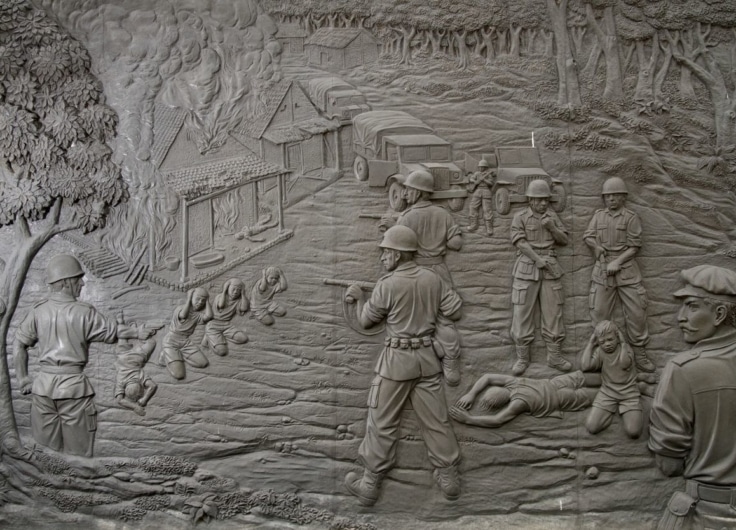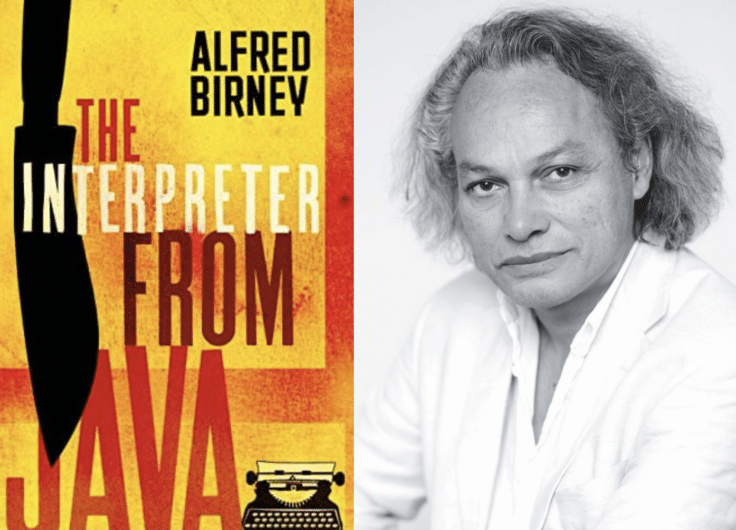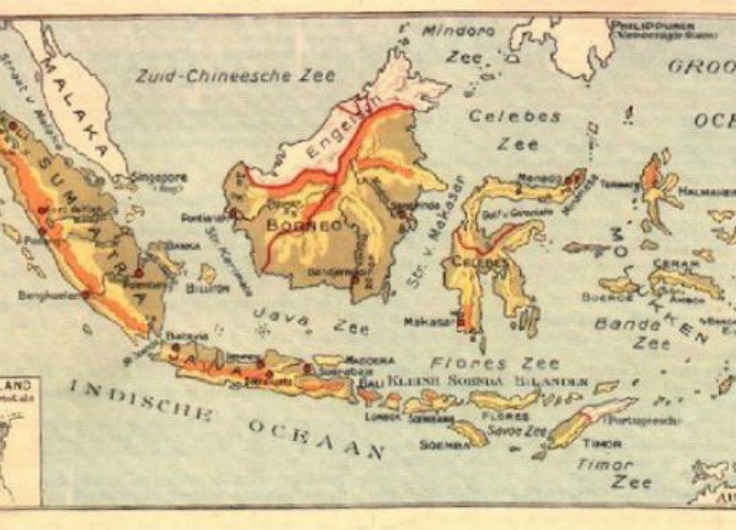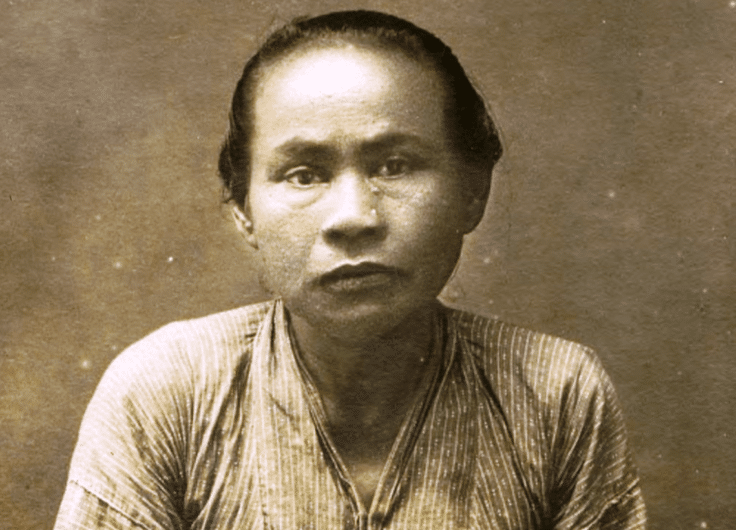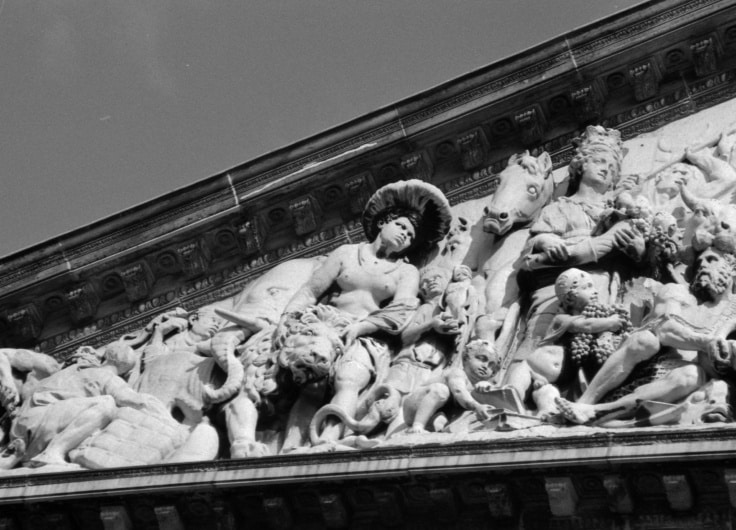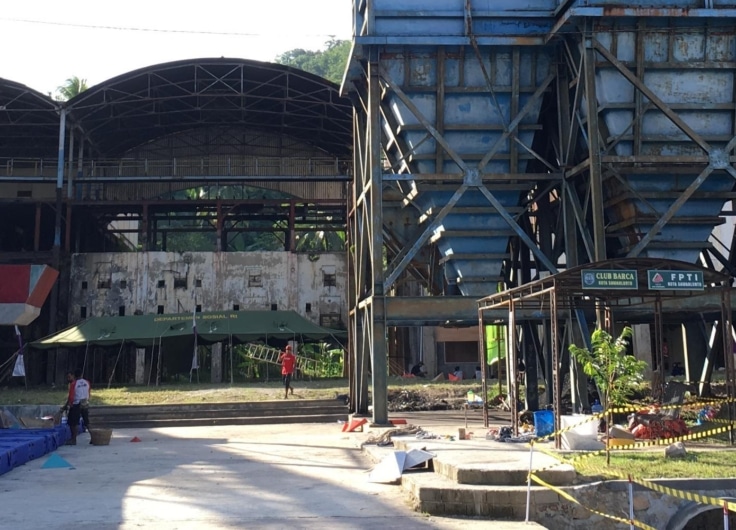The Dutch army was guilty of systemic and extreme violence during the Indonesian War of Independence, more than seventy years ago. The Dutch government knew about this and did not intervene. That is the main conclusion of a large-scale scientific study launched in 2017.
In a sensational television interview in 1969, Indies veteran Joop Hueting declared that he and other soldiers had committed war crimes while serving in Indonesia. The Dutch government subsequently commissioned a brief inventory of the archives. Based on the inventory, it was concluded that although ‘excesses’ had probably taken place during the war in 1945-1949, ‘the armed forces as a whole had behaved correctly in Indonesia’. The position taken by the government in 1969 has never been revised.
In recent years, however, there have been increasing indications – partly arising from lawsuits, media reports and historical research – that the Dutch armed forces used extreme violence on a larger scale than was officially admitted by the Dutch, either at the time or later. There were calls from society and scholars for further research into the actions of the military.
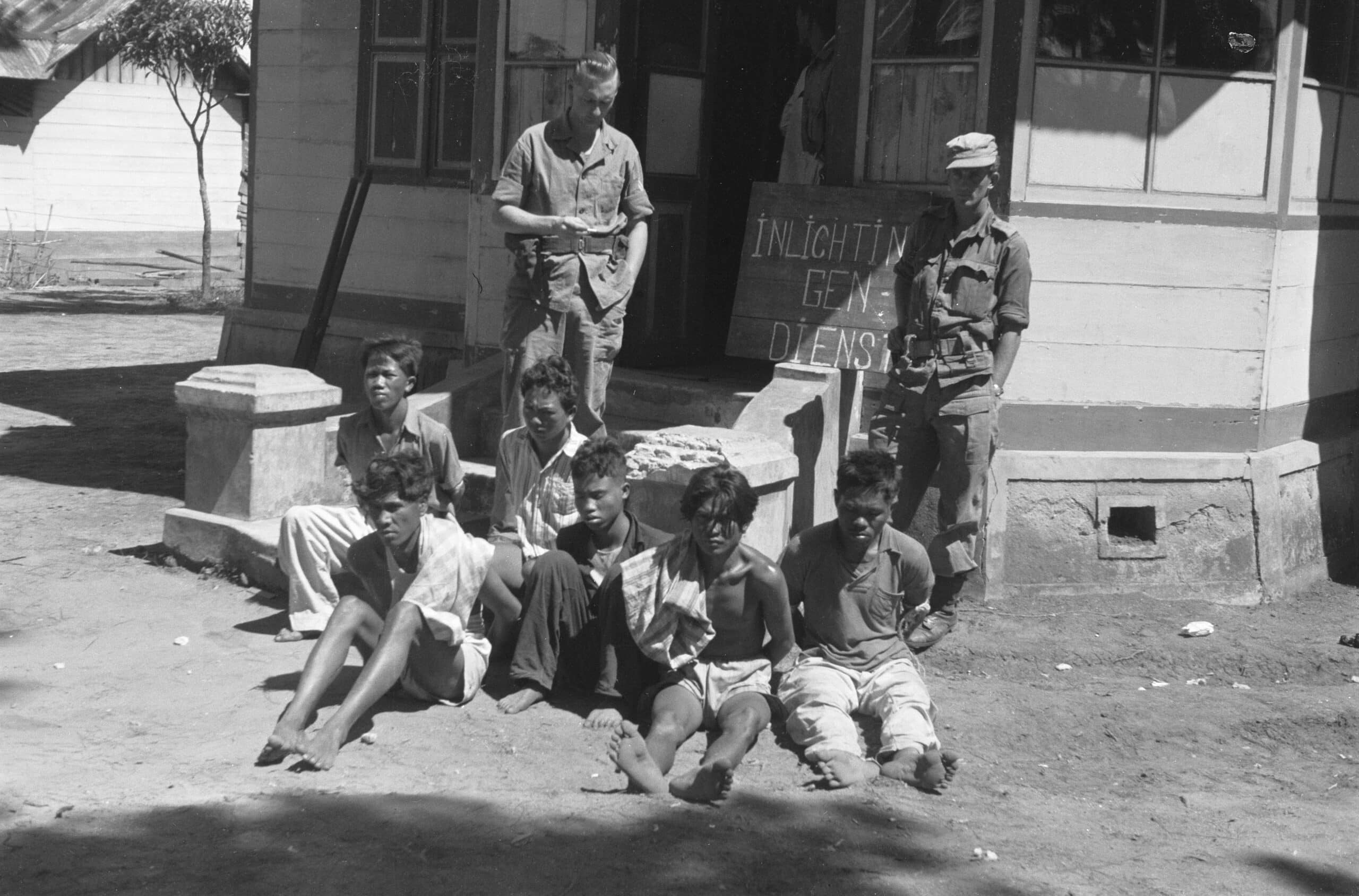 A group of Republican fighters to be interrogated by the Intelligence and Security Group in Sidikalang, Northwest Sumatra, early 1949.
A group of Republican fighters to be interrogated by the Intelligence and Security Group in Sidikalang, Northwest Sumatra, early 1949.Source: National Archives
In early 2017, the Dutch government decided to make 4.1 million euros available to fund the joint research programme by the Royal Netherlands Institute of Southeast Asian and Caribbean Studies (KITLV), the Netherlands Institute for Military History (NIMH) and the NIOD Institute for War, Holocaust and Genocide Studies.
The research
The research focused primarily on the use of extreme violence by the Dutch armed forces during the Indonesian War of Independence, the consequences it had, and the extent to which political and legal responsibility was taken for the extreme violence both at the time and later, all viewed in a wider historical, political and international context.
The research was conducted by more than twenty-five Dutch academics, in parallel with two international projects: a project by the Universitas Gadjah Mada (UGM) with eleven Indonesian researchers, and a project with six international experts, carried out in 2019 at the Netherlands Institute for Advanced Studies (NIAS). The programme had a scientific advisory committee and a societal feedback group.
The research will produce fourteen books in total, including the summary volume Beyond the pale: Dutch extreme violence in the Indonesian War of Independence, 1945-1949, which is being published in Dutch, English and Indonesian.
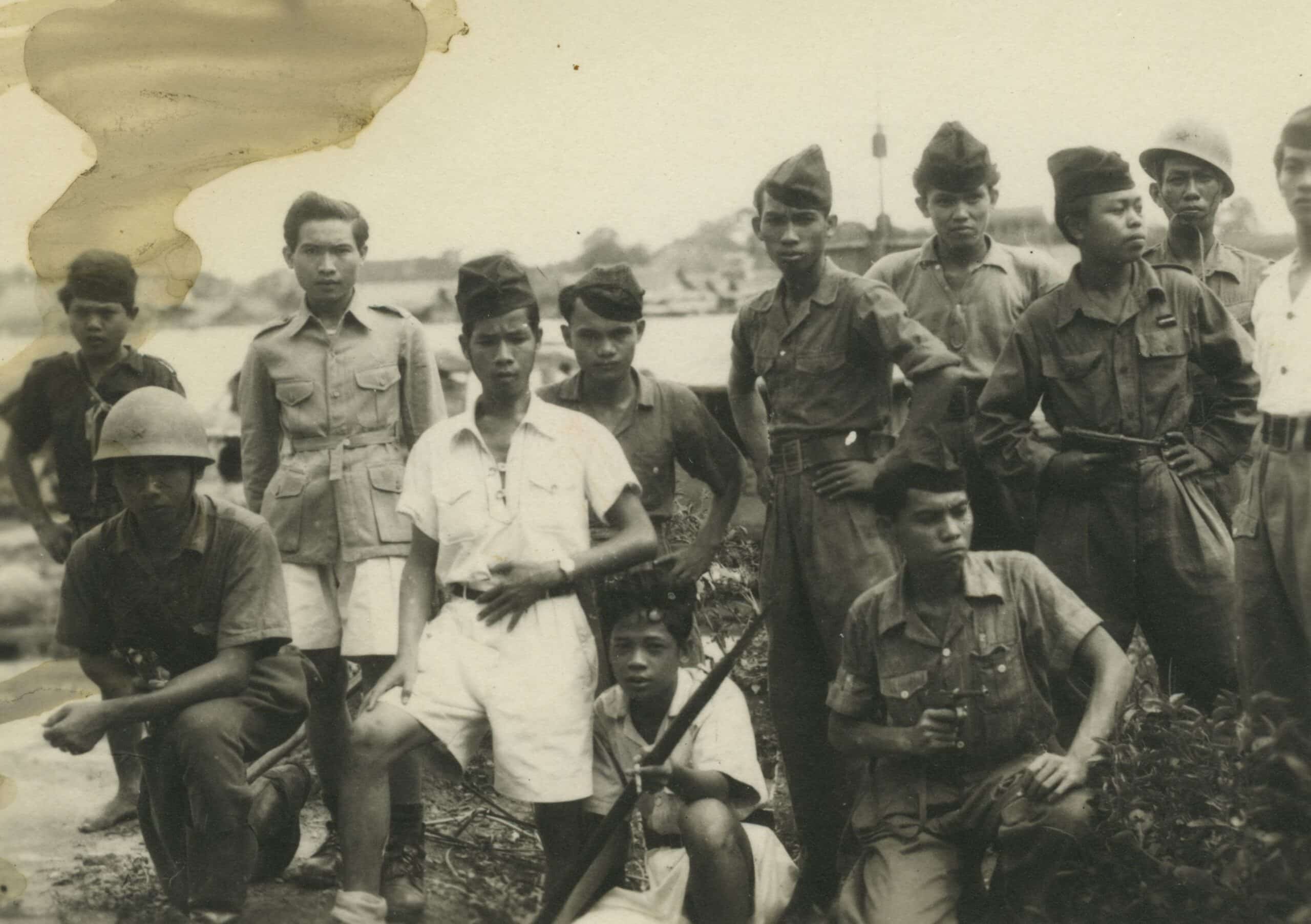 Photo seized by the Storm Troops Regiment, showing Indonesian soldiers with various weapons and uniforms, South Sumatra, between 1946 and 1948.
Photo seized by the Storm Troops Regiment, showing Indonesian soldiers with various weapons and uniforms, South Sumatra, between 1946 and 1948.Source: NIMH, collection Stoottroepen Museum
Conclusions
The researchers concluded that the position taken in 1969 is untenable. Although it is not possible to give precise figures for the crimes and numbers of victims, the sources show that the use of extreme violence by the Dutch armed forces was not only widespread, but often deliberate, too. It was condoned at every level: political, military and legal.
The reason for this was that the Netherlands wanted to defeat the Republic of Indonesia – which had declared independence on 17 August 1945 – at any cost, and was prepared to subordinate almost everything to this goal. In doing so, ethical boundaries, including those that applied at the time, were emphatically crossed.
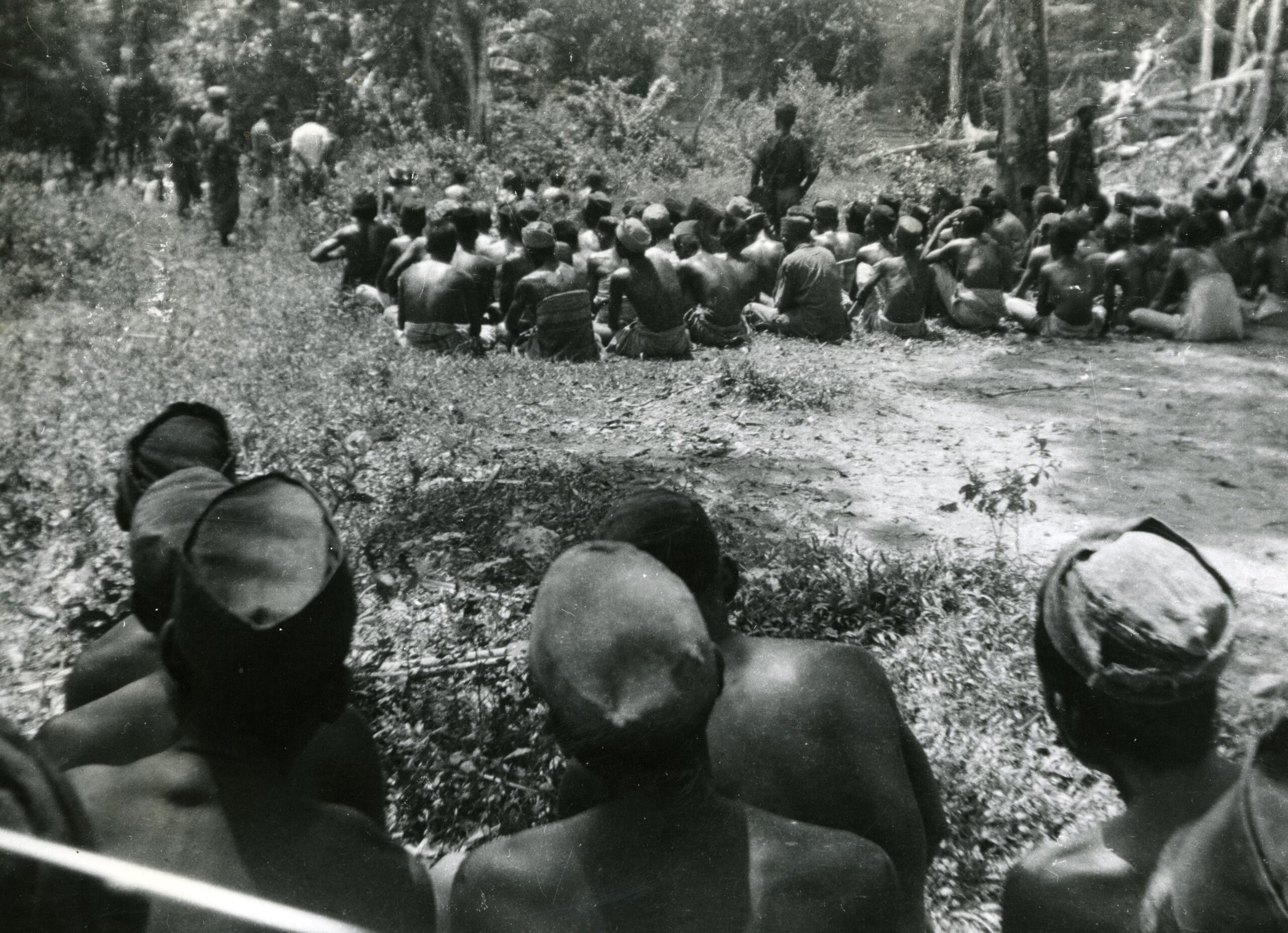
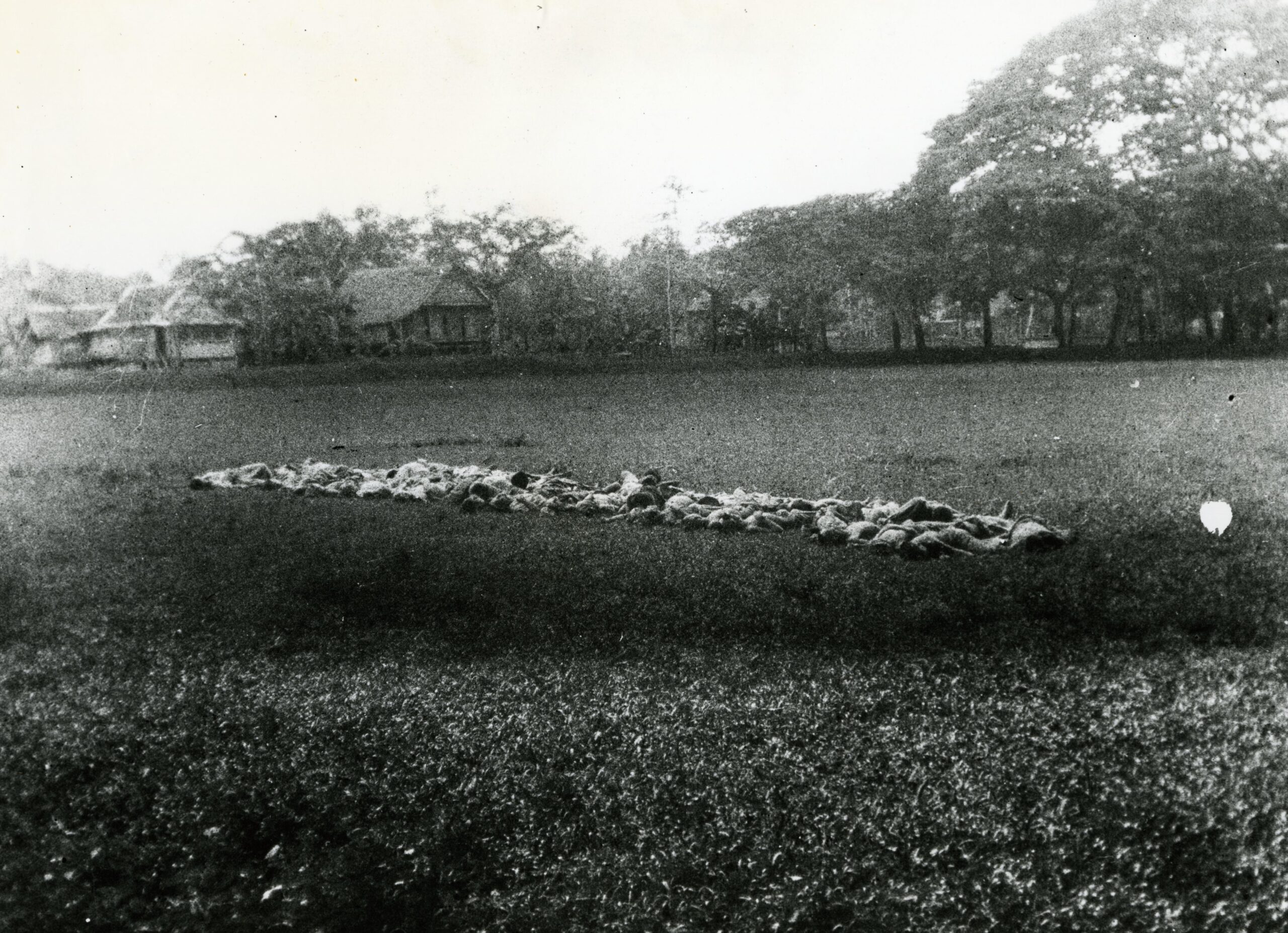 The bodies of c. 30 Indonesians, arrested and shot by Dutch special forces in retaliation for an attack on the prison and homes of two Dutch officials in Barroe kampong, South Sulawesi, early January 1947. Shortly hereafter, another 24 prisoners were executed. By order of the commander, the bodies were left on the ground for half a day.
The bodies of c. 30 Indonesians, arrested and shot by Dutch special forces in retaliation for an attack on the prison and homes of two Dutch officials in Barroe kampong, South Sulawesi, early January 1947. Shortly hereafter, another 24 prisoners were executed. By order of the commander, the bodies were left on the ground for half a day.Source: H.C. Kavelaars, NIMH
In the end, the Netherlands fought a hopeless war that became increasingly violent, while the Indonesians waged a fierce guerrilla war. Forms of extreme violence were used by all armed parties to this conflict. The intense violence in the earliest phase of the Indonesian revolution – directed against Indo-Dutch and Moluccans among others, and known in the Netherlands as the ‘bersiap
period’ – did play a role in the dynamics of the violence, but it was not the reason for the military reoccupation.
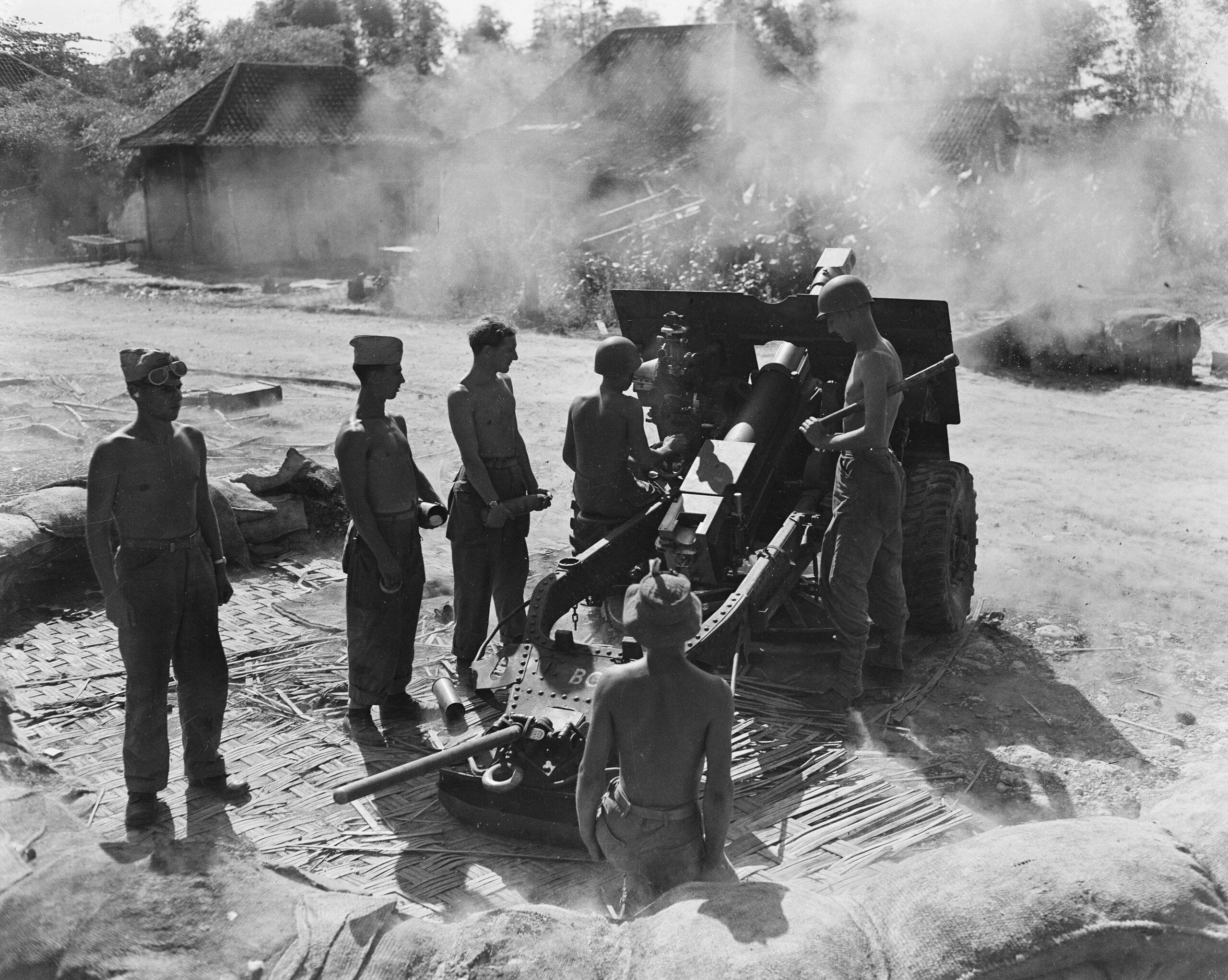 Artillerymen from the Marine Brigade fire high-explosive shells from a 25-pounder during an action in Tanjungsari, East Java, early 1947.
Artillerymen from the Marine Brigade fire high-explosive shells from a 25-pounder during an action in Tanjungsari, East Java, early 1947.Source: NIMH
During the war, the Dutch armed forces used extreme violence on a frequent and structural basis, in the form of extrajudicial executions, ill-treatment and torture, detention under inhumane conditions, the torching of houses and villages, the theft and destruction of property and food supplies, disproportionate air raids and artillery shelling, and what were often random mass arrests and mass internment.
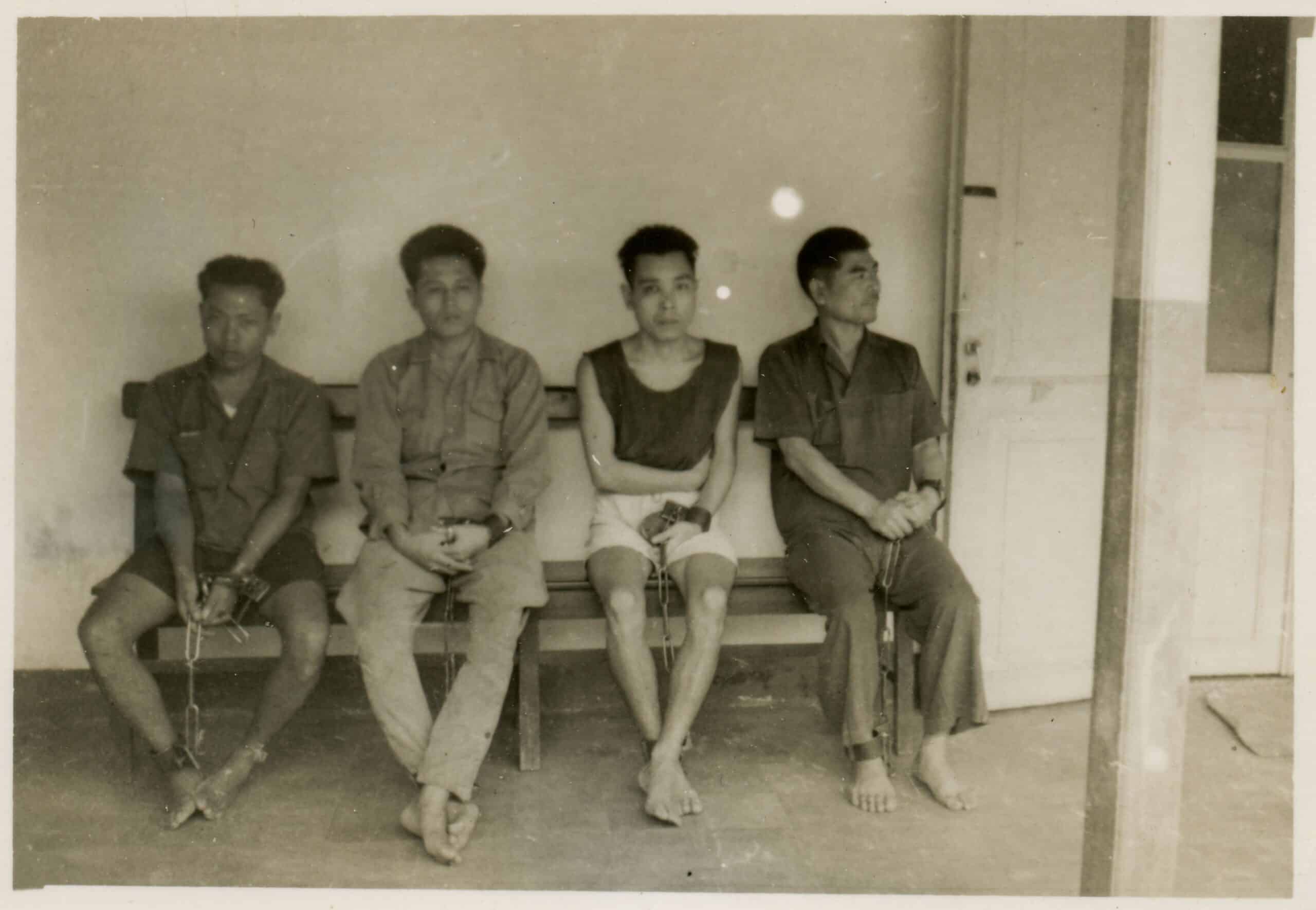 Four shackled defendants waiting for the session of the Special Court Martial in Garut, February 1949. All were sentenced to death. The Japanese Aoki, alias Abu Bakar (right), was convicted for carrying out ‘terrorist actions’ in West Java on behalf of the Indonesian National Armed Forces.
Four shackled defendants waiting for the session of the Special Court Martial in Garut, February 1949. All were sentenced to death. The Japanese Aoki, alias Abu Bakar (right), was convicted for carrying out ‘terrorist actions’ in West Java on behalf of the Indonesian National Armed Forces.Source: photographer unknown, NIOD, collection T. Smid
The Dutch armed forces as an institution were responsible for the violence used, including the extreme violence. However, they operated in close consultation with and under the responsibility of the Dutch government. Politicians in the Netherlands, with their supporters’ backing, paid little attention to the extreme violence and failed to take responsibility for it in practice. They were able to follow this line because Dutch society was broadly supportive of the war. Moreover, there was very little critical scrutiny from society, including the media. The geographical distance, and above all the mental distance, played a key role in this. It is evident that at every level, the Dutch unquestioningly applied different standards to the colonies and colonial ‘subjects’.
The research shows that the vast majority of those who bore responsibility on the Dutch side – politicians, officers, civil servants, judges and others – had or could have had knowledge of the systemic use of extreme violence, but that there was a collective willingness to condone, justify and conceal it, and to let it go unpunished. All of this happened with a view to the higher goal: that of winning the war against the Republic and taking control of the process of decolonization. At every level, people were prepared to set aside written and unwritten legal rules and their own sense of justice.
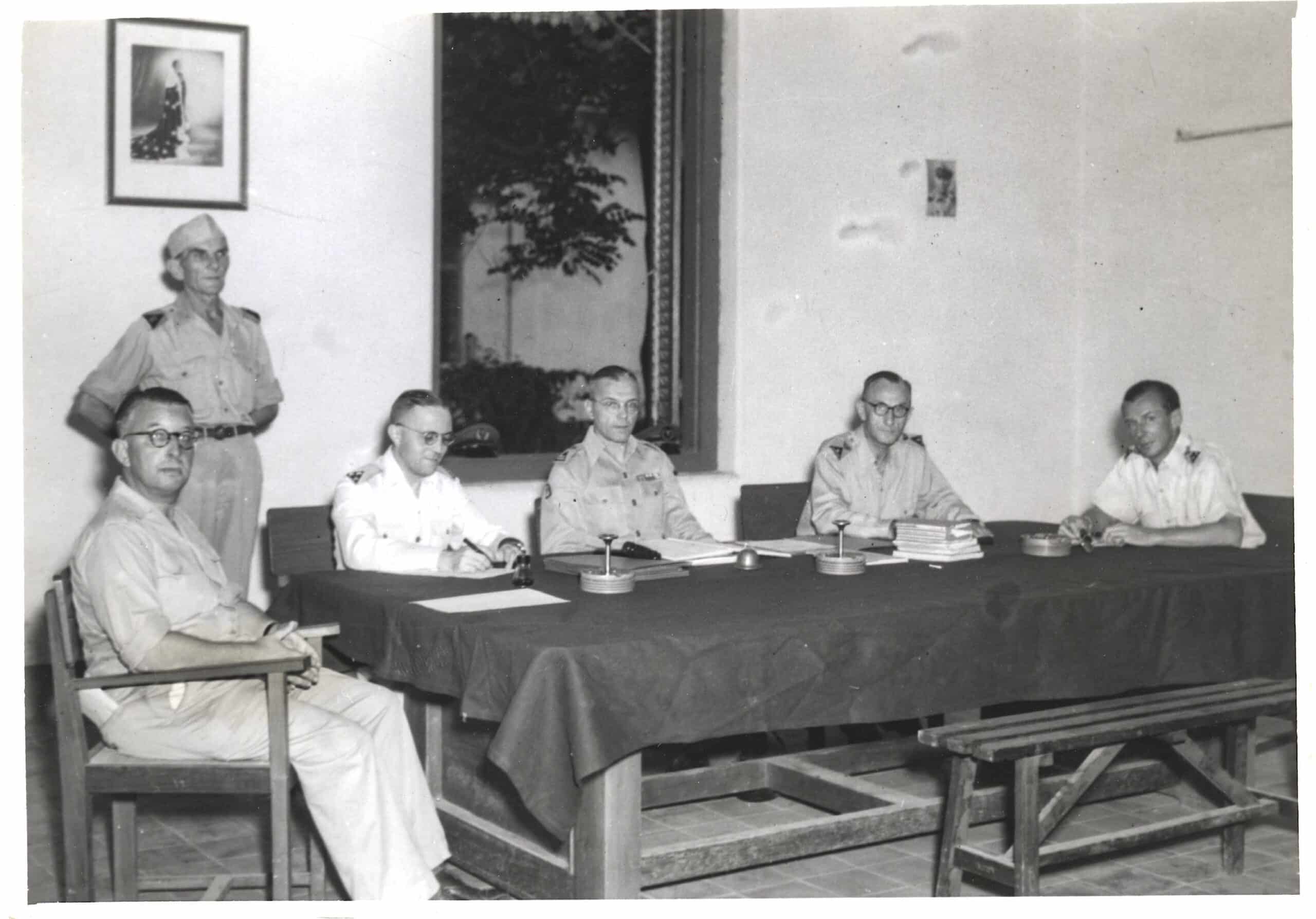 The field court martial of the Royal Netherlands East Indies Army in Jakarta, 1949
The field court martial of the Royal Netherlands East Indies Army in Jakarta, 1949Source: P. van Dael, NIMH, Dienst voor Legercontacten
The Dutch underestimation and rejection of the widely supported Indonesian independence movement were grounded in a deep-rooted colonial mentality. Politicians, military personnel and administrators in the colony and in the Netherlands were convinced of the superiority of the Dutch, and their attempts to control Indonesia were mainly driven by economic and geopolitical motives, and by the idea that they still had a mission in the ‘East’ and were indispensable there. This attitude resulted in crucial errors of judgement, both militarily and politically, and the Netherlands became very isolated internationally.
The formal transfer of sovereignty – which eventually took place on 27 December 1949 – was the result of heavy pressure from the international community and the realization that the war could not be won. In the aftermath, Dutch politicians attempted to keep the war, and certainly questions about the extreme violence, out of the political arena as far as possible, both in order to cover up their own failings and to spare war veterans and the Indo-Dutch and Moluccan communities. It was convenient that Indonesia did not press for an investigation. This situation only changed in fits and starts; it was many years before more space emerged in Dutch society to reflect critically on this episode, which was so at odds with the deeply rooted rose-tinted national self-image.
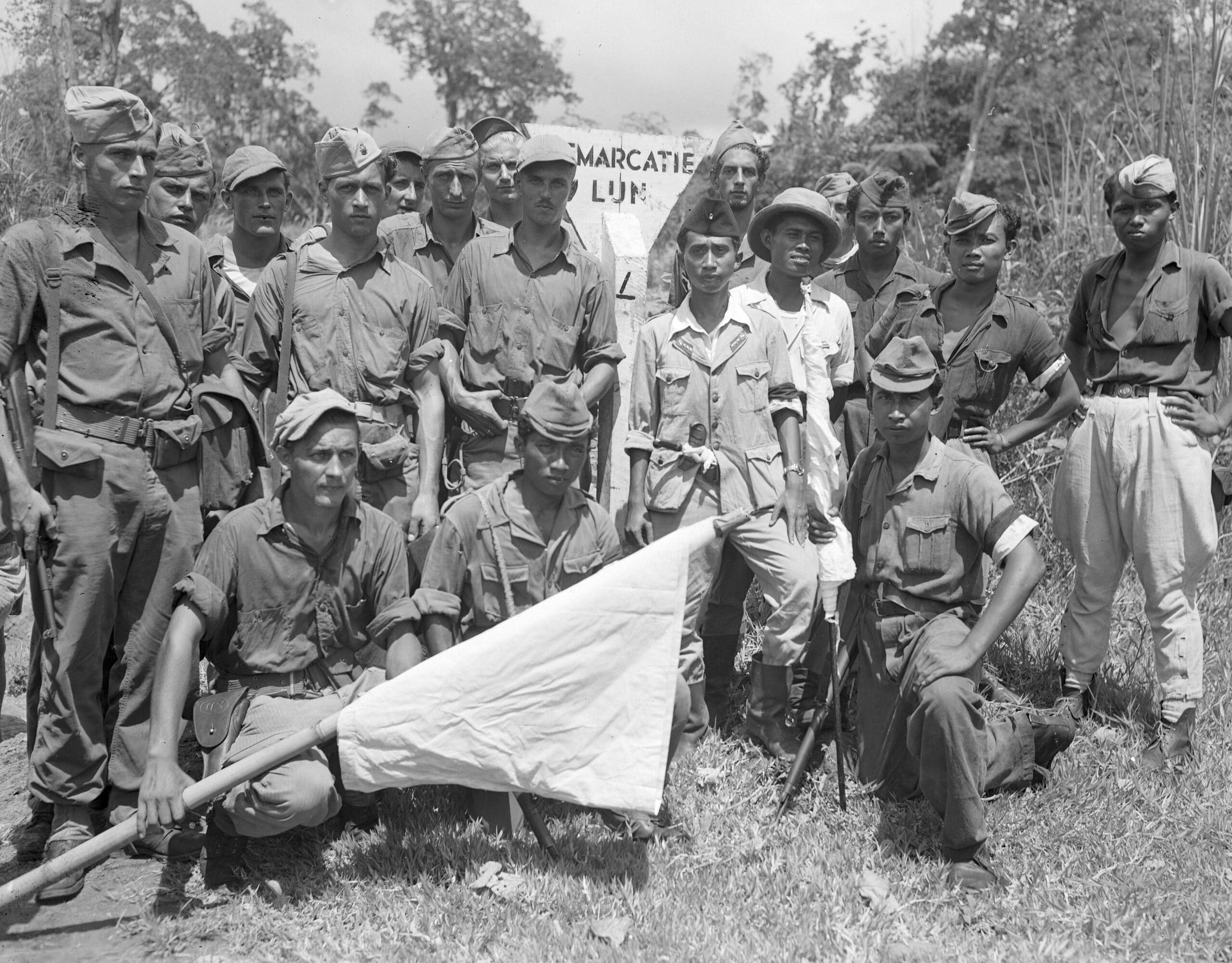 Dutch and Indonesian soldiers deployed at the demarcation line, Lumajang, Java, February 1948.
Dutch and Indonesian soldiers deployed at the demarcation line, Lumajang, Java, February 1948.Source: H. Hakens, NIMH

